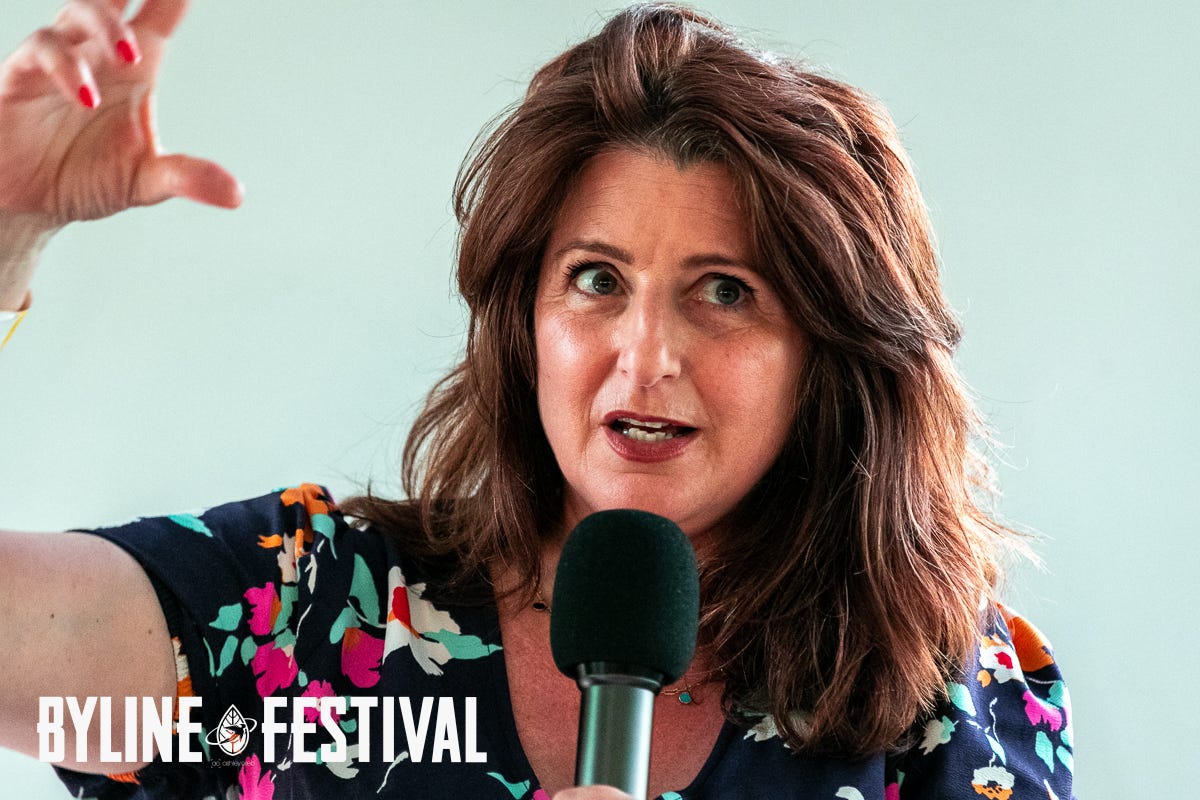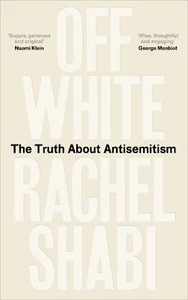(Pic: Ashley Greb)
Whenever Israel is accused of committing genocide in Gaza - in the light of 59,000 Palestinian deaths and mass starvation in the territory - Benjamin Netanyahu’s default response is to call his critics ‘antisemitic’, a word loaded with the horrors of The Holocaust.
But isn’t it possible to be appalled by the victimisation of Jews by the Third Reich and share the outrage of groups like Amnesty, who argue that Netanyahu’s government is committing war crimes in the Middle East?
Rachel Shabi - a British Jew and author of ‘Off White - The Truth About Anti Semitism’ - has no doubt that both sentiments are compatible, whatever the Israeli Prime Minister might say.
She argues that, “a serious problem that we're having is that antisemitism has been politically defined. It's being used for political reasons in the contemporary context, particularly in this genocidal war, a war described as genocide by leading experts in the subject.
“Whether it's the UN whether it's the ICJ, whether it's newspapers writing about what's happening, everyone gets accused of antisemitism, when actually what they're doing is trying to call out this horrendous injustice and horror that we're seeing play out on our screens every day.”
Speaking at the Byline Festival earlier this month, Shabi said: “One of the things that I realised when I was researching my book is we don't really understand what antisemitism is, in the same way that we're not really ‘high information’ about anti black racism or Islamophobia.
“Once you trace back the roots, you see the Christian European worldview is at the heart of all these racisms.
“Leaders use different kinds of racism against different minoritised communities at different points in history for different purposes - whether it's colonialism, whether it's the grotesque enslavement of people, whether it's Empire, whether it was the persecution culminating in the Holocaust that Jews experienced in Europe.”
She argues that in the post World War 2 era, Jews, who had traditionally been ‘othered’ by mainstream Western society, “were absorbed into whiteness and became part of Western societies.”
That’s not to say that anti-Jewish hatred has disappeared. Far from it. Shabi - who is of Iraqi Jewish heritage - recognises the vile reality of hate crime and physical assaults, but says we need to recognise racism (and therefore antisemitism) as a structural issue.
“I think a lot of people have a hard time understanding what antisemitism is, because Jews have been absorbed into ‘whiteness.’ You do not have, at state level, a structural discrimination against Jewish people, right?
“Racism against black and brown people is structural and it's institutional, and antisemitism doesn't fit into that.
“There are caveats. People who show up as visibly Jewish, like Orthodox Jewish communities, do face discrimination in health care and education, for instance, but primarily antisemitism is a conspiracy about power.
“It's the idea that Jewish people are secretly plotting, orchestrating, up to no good - the enemy within societies. That's how it was constructed in Christian Europe.
“And so that understanding of it - as a conspiracy about power, in order for the powerful to deflect attention and blame onto a group that they've racialised as a minority - that structure is not the same in this current moment as anti black or Islamophobic racism, and so I think that's why people have such a hard time identifying it as racism in the current moment.”
You can listen here to more episodes of the Byline Podcast.









